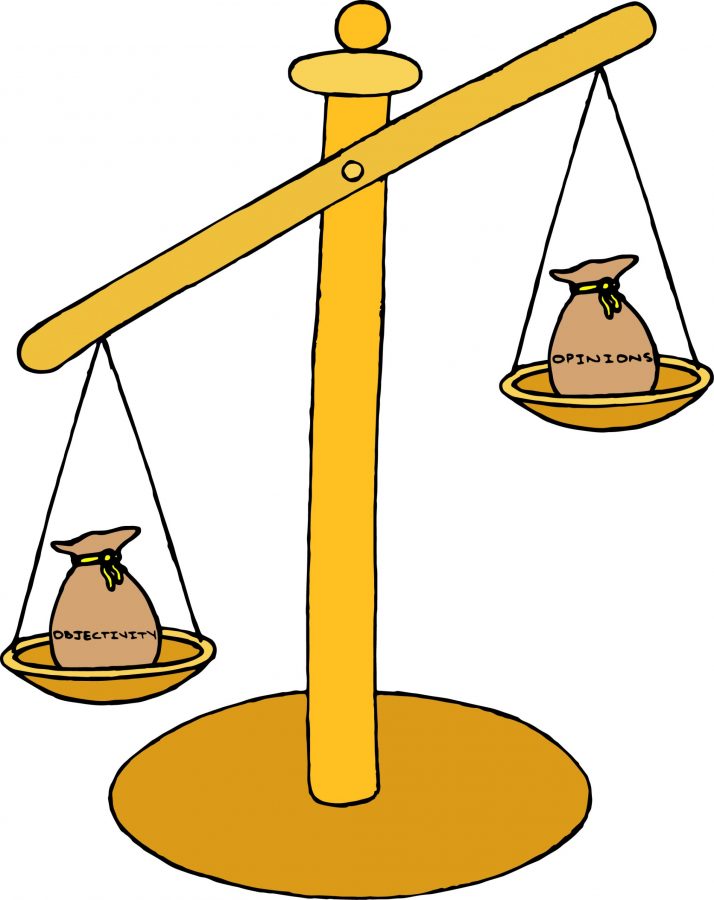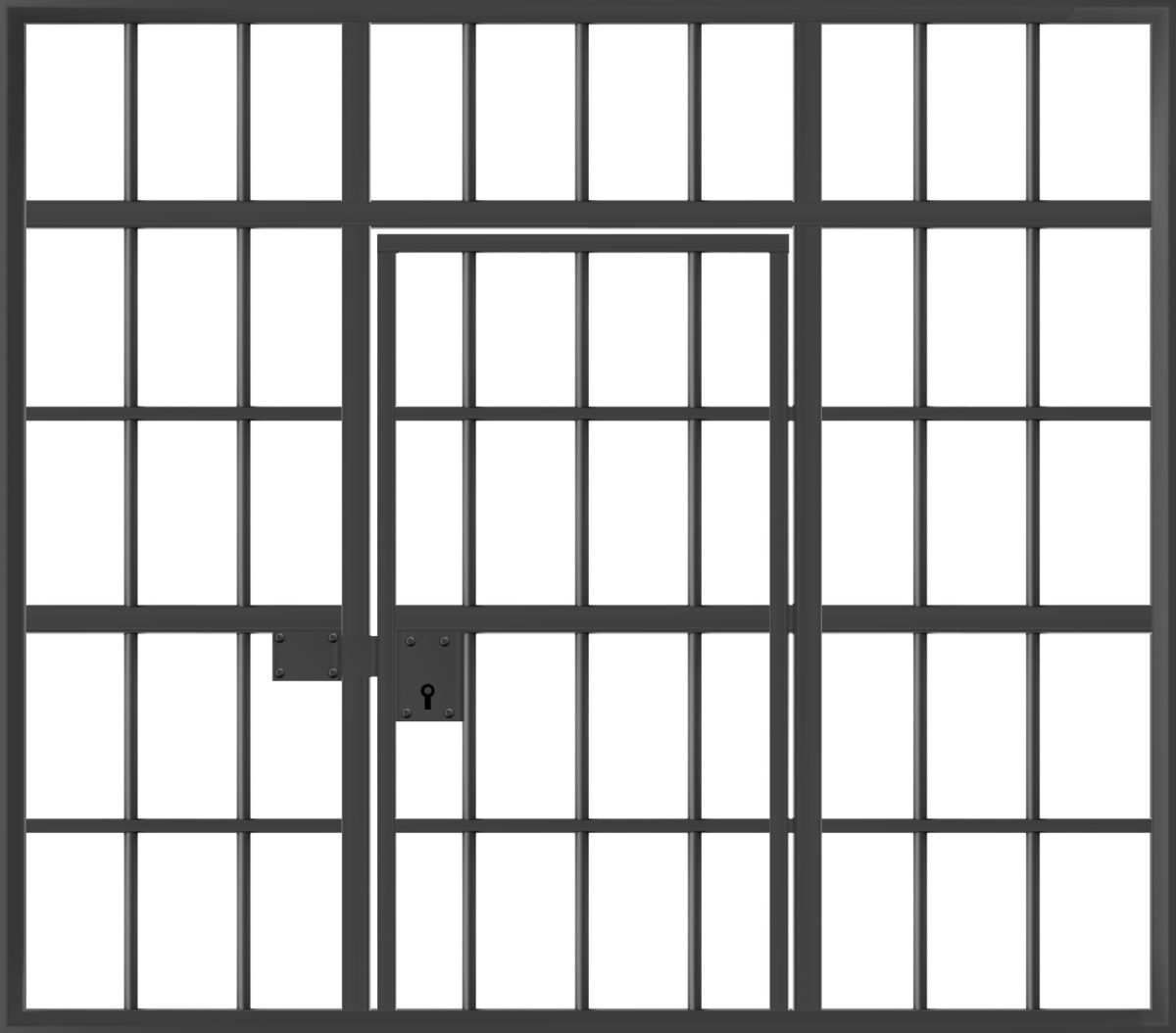Historically, journalists have faced several repercussions for the content they publish. One repercussion still relevant in 2018 is biased viewpoints, specifically if the content is more liberal, conservative or libertarian.
From time to time, The Paisano has dealt with these issues. For example, one week we were deemed too liberal and received backlash from students who have opposing views. The next week, more content was added that was considered to be too conservative or libertarian and receive backlash yet again. The truth is that The Paisano cannot make everyone content with the articles we publish — as journalists we have to accept this but cannot let it be discouraging. This is where objectivity comes into play.
The term objectivity began to be used in journalism during the 1920s as a direct result of journalists being biased, often unconsciously. In turn, objectivity called for journalists to develop a consistent method of testing information precisely so that personal, cultural and political biases would not undermine the accuracy of their work.
The general public argue that because journalists must be free of bias to be objective, and because complete objectivity is impossible, it follows that objectivity is a false ideal.
In truth, journalists are more opinionated than most, and it is rare that their viewpoints do not come into play when developing their stories. Journalists strive to be unbiased by searching out the best truth. Yes, journalists make mistakes. Not every article is going to be 100 percent objective.
As a newspaper, The Pasiano strives to be an objective source of information for breaking news, an exploration of San Antonio arts and life culture, a platform for different opinions and an up-to-date guide for UTSA sports. The Paisano’s editors and staff aim to make every article as objective as possible and keep the UTSA community informed.
The Paisano does not favor biased viewpoints and will continue to work towards being an objective news source.













